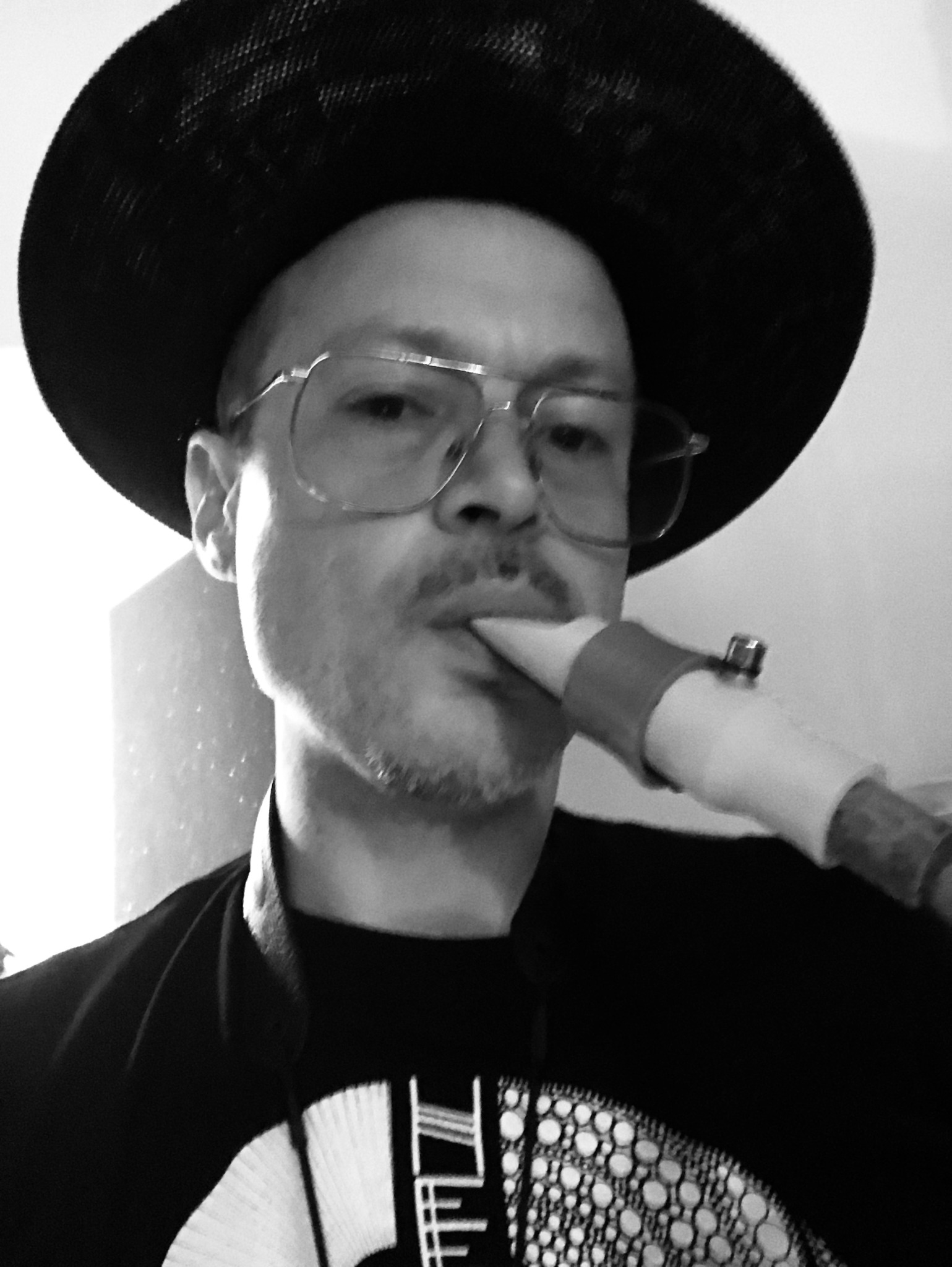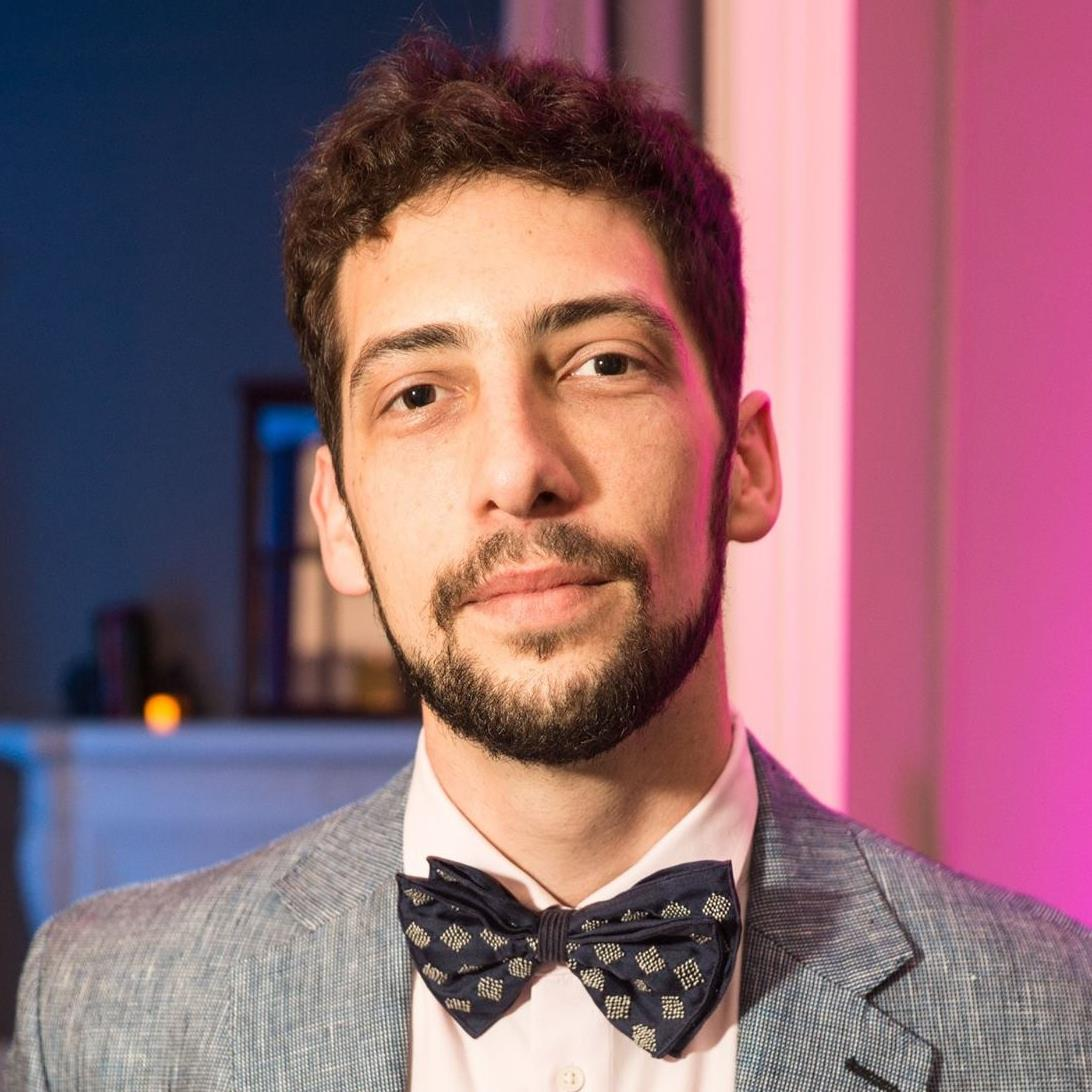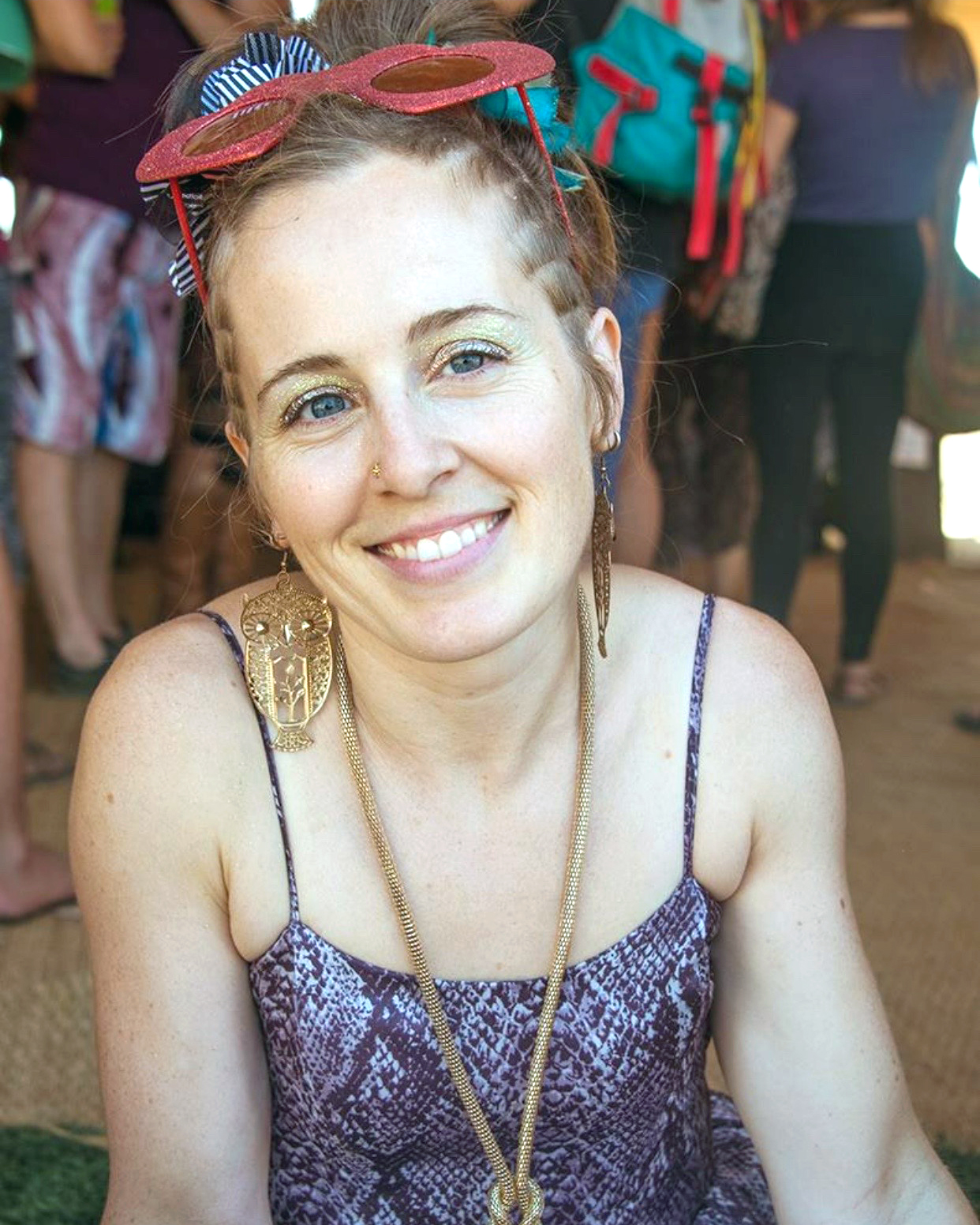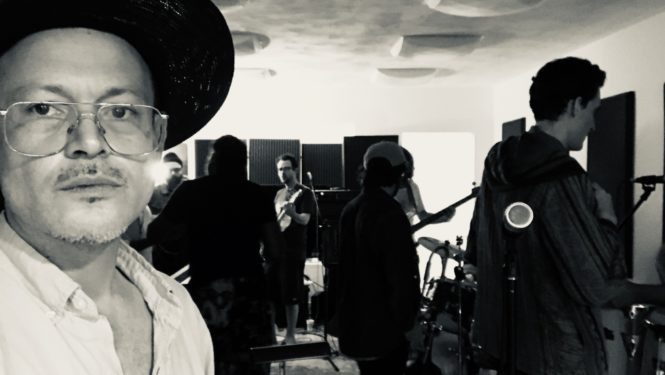Martín Perna was on tour with his band Antibalas and performing in Denver, when he watched as one gig after the other was cancelled. Instead of performing music, he now had to figure out how to function in a global pandemic.
“We were in the middle of a tour in the U.S. and had the entire summer and a lot of the fall already booked in Europe, and everything ground to a halt,” says Martin, who has toured with Antibalas since 1998 while also working as a musician in his North Oakland studio.
“At the time of losing all my income, it seemed like a luxury to have this workspace, and I was thinking of giving it up,” he says about his studio.

Instead, Martin became one of 1,000 artists who have managed the economic impacts of the COVID-19 crisis thanks to the Safety Net Fund (SNF), a Burner-led initiative assisting artists and makers with grants.
Martin says he’s grateful the SNF sprang into action so early in the crisis.“This money bought me a little bit of time and also lessened the anxiety of trying to record music in my small apartment while my wife was working from home,” he says.
An Idea is Born
Scarlet Masius, a SNF co-founder and board member, says the organization was the brainchild of a group of artists and entrepreneurs in the San Francisco area, who joined forces to create the SNF in March.
“We started the SNF when artists around us started to lose gigs left and right. Entire months of bookings were cancelled,” Scarlet says. “Artists give meaning to our lives and bring us joy — it’s more important than ever to support them right now.”
Many artists and makers live and create in the San Francisco Bay Area — and many of them are Burners. While some have employment, qualify for benefits or have other means of income, many more rely solely on their creative pursuits to survive.
The Safety Net Fund helps financially stabilize community members who are living paycheck-to-paycheck and who may not qualify for benefits.
When COVID-19 hit the U.S. and stay-at-home orders rolled out in California, fellow SNF co-founder Joshua Goldbard says he remembers thinking they should do something for these artists because “they’re basically screwed.”
“We agreed the best possible thing would be to give a direct cash infusion,” Joshua says of the thought process behind the SNF, which grants up to $500 per person and calculates the total number of grants according to available funds.
Building on Past Lessons
For Joshua, the SNF wasn’t a completely new idea. It builds on an earlier fund, We the Artists of the Bay Area (WABA), which he started to assist victims of the 2016 Ghost Ship fire.
Joshua says WABA was not as effective as he had hoped because they didn’t have a strategy that allowed them to act quickly enough. It took too long to move from the initial idea to the distribution of money, missing the window when they could have been the most helpful.

“Speed matters,” he says. “If you’re too slow, you don’t get any money; then, you can’t really help people.”
This time, Joshua built on the framework of his previous efforts while also leveraging strong connections with arts-focused non-profits, including Art of Civil Discourse and the Intersection for the Arts.
As the fiscal sponsor for the SNF, the California-based Intersection for the Arts provides the SNF with the financial backbone and other support elements related to fundraising and awarding grants.
“Intersection is thrilled to be working with the [SNF] as they are providing direct support to local artists through tough times exacerbated by COVID-19,” says Allison Snopek, Director of Artistic Services for Intersection.
She adds that since Intersection is a 501(c)(3) non-profit organization, donors who support the SNF can receive tax deductions for their contributions.
Keeping Fundraising Fresh
Between larger donations by organizations and a slew of smaller community contributions ranging from $100 to $1,000, the SNF has quickly raised more than $500,000 and is aiming for $750,000.
“We have a good trickle of donations,” Joshua says. “I make sure the fundraising is happening all the time.”
But with a global pandemic and civil unrest in U.S. cities occupying our collective attention, it can be difficult to focus on any one problem for very long.
Keeping people engaged is one of the challenges Joshua faces in finding donors, and he says they keep people engaged by sharing the plight of the SNF’s recipients through social media and stories. This encourages people to still care and contribute their energy and resources.
With the SNF’s fiscal sponsorship, artists and Burners like painter/musician Ishka Lha have navigated the stress of losing their incomes and pursued community-building projects.
Resilience and Community-building Projects
At the start of the pandemic-related closures, Ishka says she and her family were scrambling and didn’t know what they were going to do.
“[As artists and Burners] we have a lot of practice getting comfortable with being uncomfortable. But that first month was scary,” she says. “Having that immediate aid was a blessing. I’m grateful organizations like that exist. I applied to five or six grants at that time, the SNF grant was the only one that I got.”
The notion of the starving artist creating society-shaping works of art is a myth; financial insecurity rarely provides a fertile garden for creativity.

But the reverberating pain of the economic freeze and social isolation have not dampened all the energy and spirit of the Burner community. It has just made it more complicated to use that pent-up energy in constructive ways.
“This is the time to be as resilient as we can — to put our skills to use and develop community projects,” Ishka says.
To that end, Ishka and her husband recently moved from Berkley to southern Oregon for the summer to help a friend build a dream: an art- and music-focused place for people to gather, learn and teach.
Burners Without Borders and Survey
To understand and meet the different needs of artists requiring help, the SNF has partnered with Burners Without Borders to release a survey, which aims to identify the skills and mentorship artists may need to adjust to the “new normal.”
Scarlet says the SNF is also curious to know how much involvement artists want to have in humanitarian projects.
“We aim to have a lens into what support mechanisms are most needed at this moment for the local and national artist community,” she says. “We hope to channel that energy that is normally reserved for Black Rock City into locally driven arts and humanitarian initiatives.”
Joshua thinks the SNF could be a playbook for community support elsewhere. If people can understand how the SNF works, they can adapt the organization’s ideas and processes to their own community members’ needs.
Joshua says although he wants his idea to spread, he isn’t in it for the money. He doesn’t take a paycheck from the SNF and the organization runs so lean it doesn’t have a mechanism for means testing. However, that lack of red tape makes it easier for applicants and the community they serve.
“We don’t have a way to do an income check, no way to verify income,” Joshua says. “We just ask someone to show us a work of art they did in the past six months that’s public facing. Can you tell us you’re making less than $1,000 in the past 30 days?”
This type of lean structure or barebones arrangement is nothing new for many nonprofits — and for artists too.
“We’ve been living comfortably but are still basically month-to-month,” Ishka says. “I think a lot of artists are a little more altruistic; we want to be able to make something of beauty — sometimes it’s not paid very well. We just want to give.”
The SNF has temporarily closed the grant application process, but you can contribute to the Safety Net fund or view the grant application here.
Header image courtesy of Martín Perna


Is it like the free monies I gets from the goberment?
Report comment
Comments are closed.